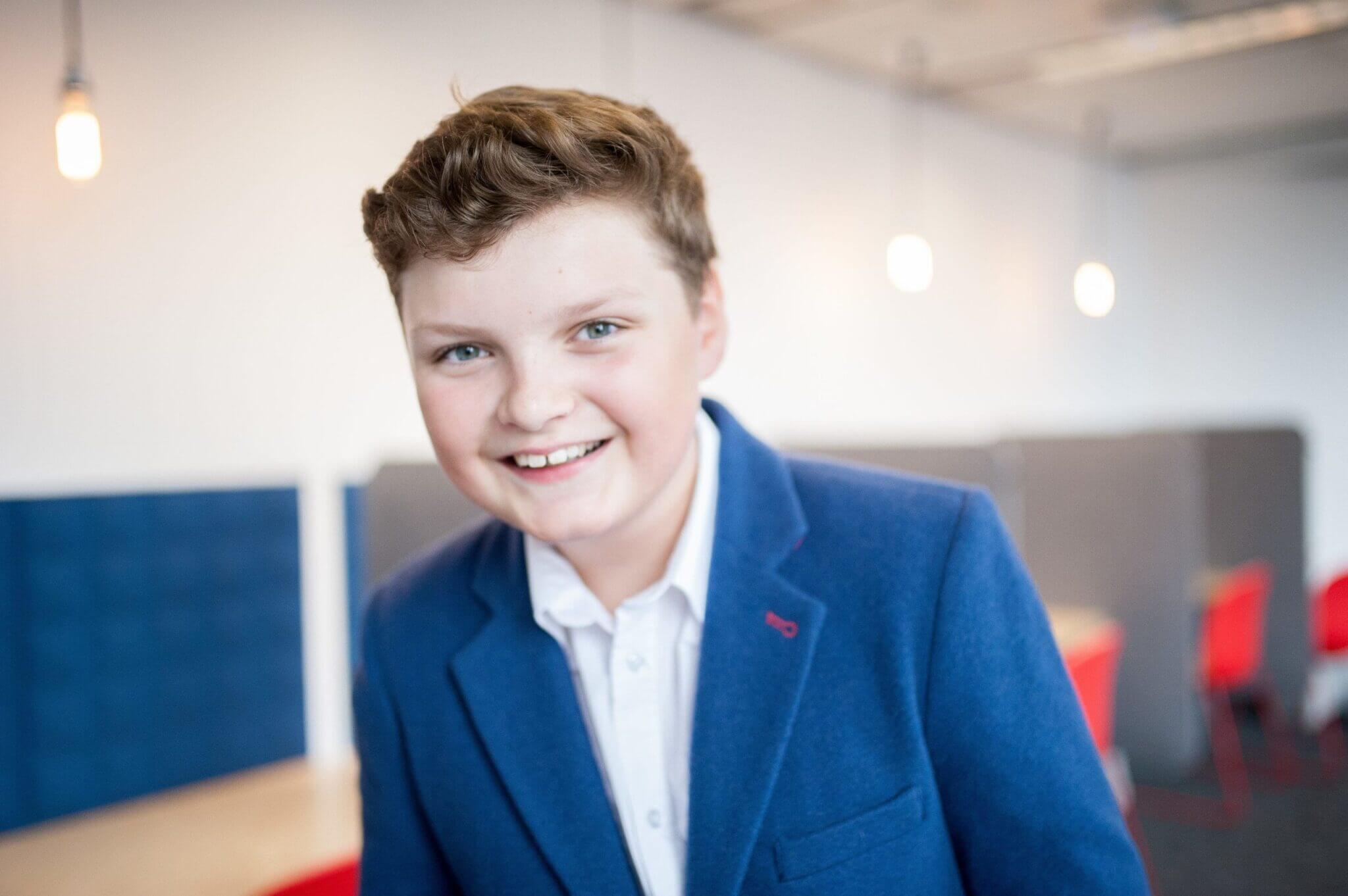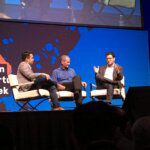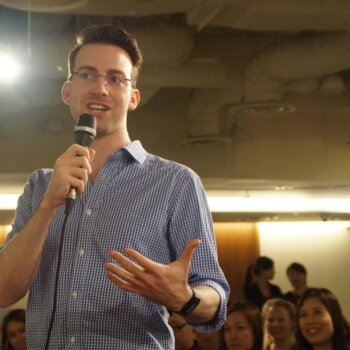Henry Patterson is the founder of children’s brand Not Before Tea. Henry started his business journey at the age of nine, when he launched a collection of sweets including edible mud and worms. Henry went on to write a children’s story book entitled The Adventures of Sherb and Pip and bought all the characters to life through products such as bags, wash bags and soft toys. He pitched to retailers and managed to get his products into over 60 UK stores.
Could you walk us through the process of starting up Not Before Tea?
I started selling childrens sweets and then wrote the story book about the sweet shop in my imagination. The press loved the story about a young boy writing a book and this enthusiasm gave me the confidence to create more products. I stopped the sweets because I decided it was not the way I wanted to go; I enjoyed making actual products more.
Did you encounter any particular difficulties during startup and if so, how did you guys overcome it?
Yes. I think getting the money to start making the products is very hard. We were lucky as we got some grants from the government. Also, I read a lot of horrible comments from people online about me and how I could not have set up this business. It was very hurtful but I realised that I needed to carry on and show them what a successful business I had made.
How have you been developing Not Before Tea since startup (i.e. what’s the developmental direction)? Yes – I have been part of it every step of the way. We are focusing now in the baby market with changing bags and blankets. I am writing more books too.
What kind of feedback did you get for Not Before Tea so far?
I am always so happy when I get letters from children who loved the book. We are now selling worldwide and the overseas markets are huge for us as the book is a very British story, which other countries love.
Do you face a lot of competition in this industry? What is your strategy against your competition?
There are lots of beautiful brands, like Beatrix Potter, who are in the same space as Not Before Tea. Luckily there is room for lots of children’s books so my strategy is just to keep looking forward and make it magical.
What can you tell us about the industry? Have you developed any industry insights that you could share?
The baby and children’s industry is great. I find that parents like traditional quality products and are happy to spend a little bit more because of this. This means we don’t have to reduce the quality of items because it needs to be cheap.
What is the future of the industry and how do you plan to stay relevant in this industry?
As long as people keep having babies, the future is good! I will keep writing books and developing new products as new trends come out. We are currently looking for investment, so that we can really move forward. We are also talking to an animation company to bring the book to life which I am really excited about.
Were there anything that disappointed you initially?
We self-published the book and then found it impossible to list it in the big book stores as they prefer to deal with publishers. This was disappointing.
What is your definition of success?
To wake up everyday happy and excited to go to work and make a difference to both your life and other peoples.
Why did you decide to become an entrepreneur?
I love creating things – being an entrepreneur is just like playing with lego – you can build something in any shape, size, colour and if you want to change something…you can.
In your opinion, what are the keys to entrepreneurial success?
To be brave and get out of your comfort zone; to listen more than talk; to lead the way
Any parting words of wisdom for entrepreneurs out there from your personal experience?
Yes – go for it today; tomorrow is not promised to anyone




























